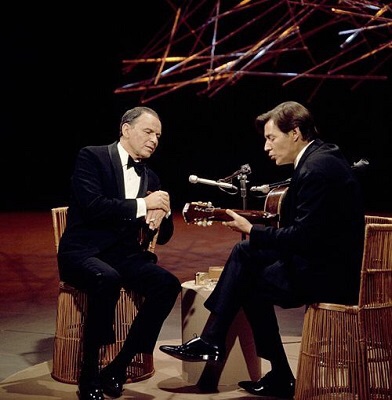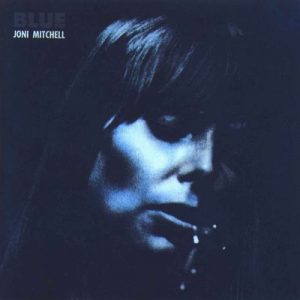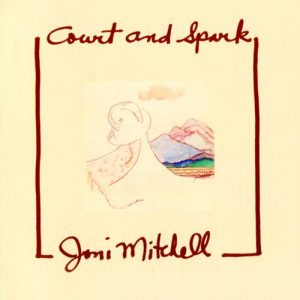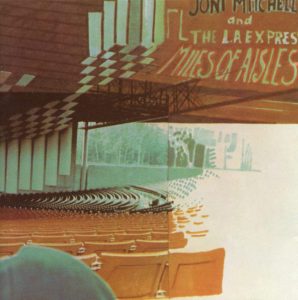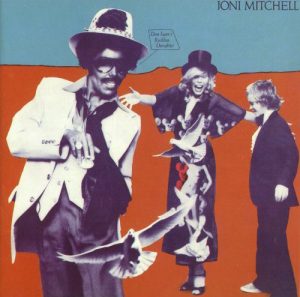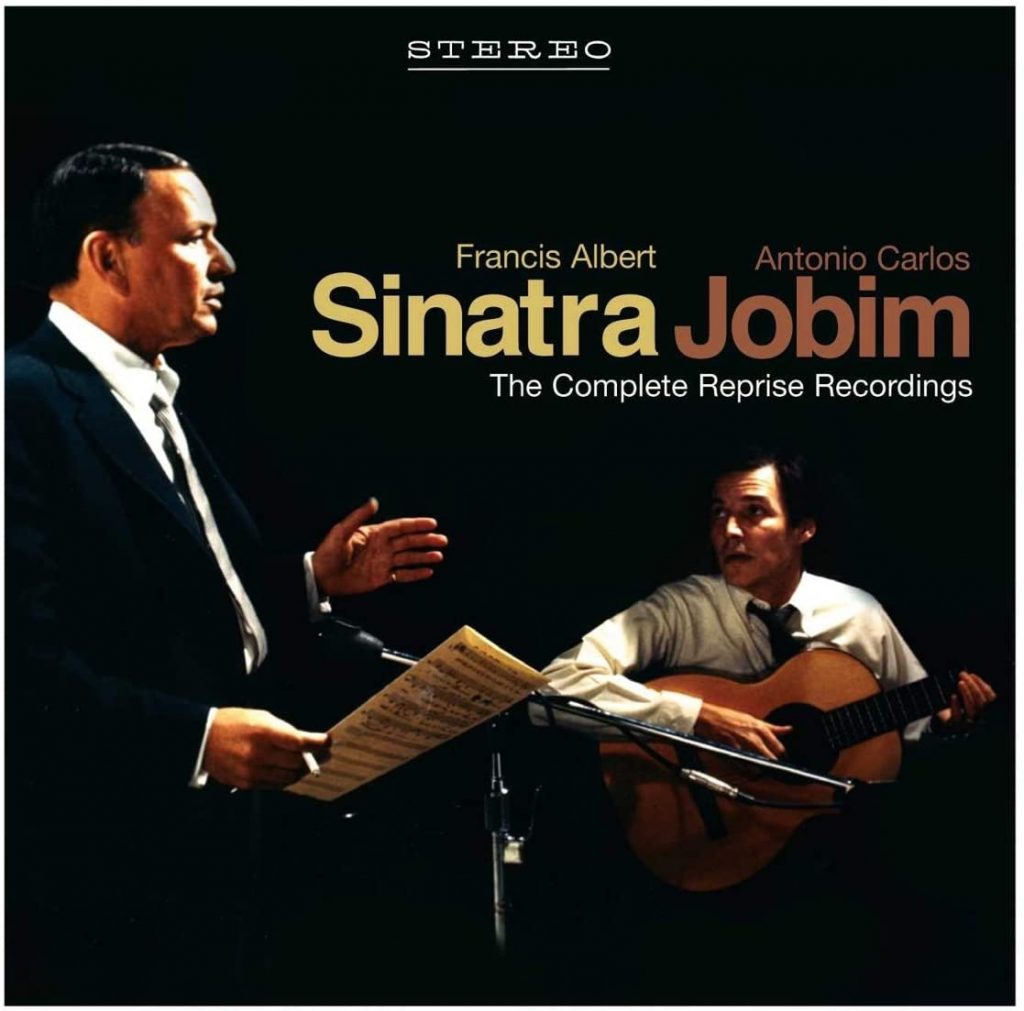

NB Jobim’s frequent collaborations are something I was going to get to later, after posting on all his solo stuff. But I got this, to fill some gaps, and listening to it, felt compelled to write something up and post it. I’ll be covering other ‘Jobim plus’ type recordings in due course.
I recently acquired Sinatra/Jobim, The Complete Reprise Recordings on CD. And I did so despite already owning the two previous official collaborations between these two legendary figures of 20th century popular music.
Why? Well, partly cause I’m a collecto-maniac, but chiefly because there have been two or three tracks they recorded together that have long been hard to get hold of. The reason was that Ol’ Blue Eyes wasn’t happy with his performances. They were Sabia, Bonita, and Off-Key (aka Desafinado).
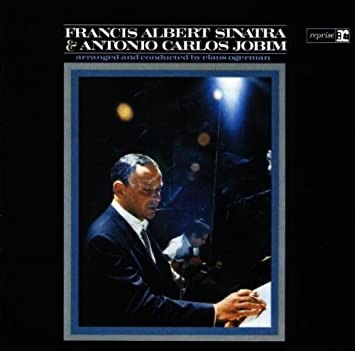
This has the weird consequence of resulting in one ‘proper’ or fully collaborative album, Francis Albert Sinatra & Antônio Carlos Jobim, (1967), and one that was more an affair of two distinct halves, Sinatra & Company, (released in 1971). Both are very good. But I always preferred the earlier and more fully Jobim-ised disc, and felt a little cheated by the more pop than ‘great American songbook’ side of & Company.
One of the oddest songs, to my ears, on this listening, is Sabia, rendered here as Song Of The Sabia, and almost unrecognisable as the song Jobim performs elsewhere. This is thanks not only to the quite different lyrics, but even more so Sinatra’s very Vegas delivery.
Perhaps it shouldn’t come as a surprise that this was one of the tracks that prompted Sinatra himself to quash the release of the intended follow up to Francis Albert Sinatra & Antônio Carlos Jobim, which was to be called Sinatra-Jobim.

On the whole Sinatra does a very commendable job, across both albums, of adjusting his performances to the much mellower more laid back stylings of the bossa nova. But one senses it was something of a stretch for ‘The Voice’.
Rather intriguingly, one of the numbers where both this accommodation, and the lush orchestral arrangements, fuse into something really surprisingly powerful, is Someone To Light Up My Life. Some of Sinatra’s bombast or bravura leaks into his vocal performance, in a way that gives it a quality more authentically Brazilian renderings I’ve heard don’t have.
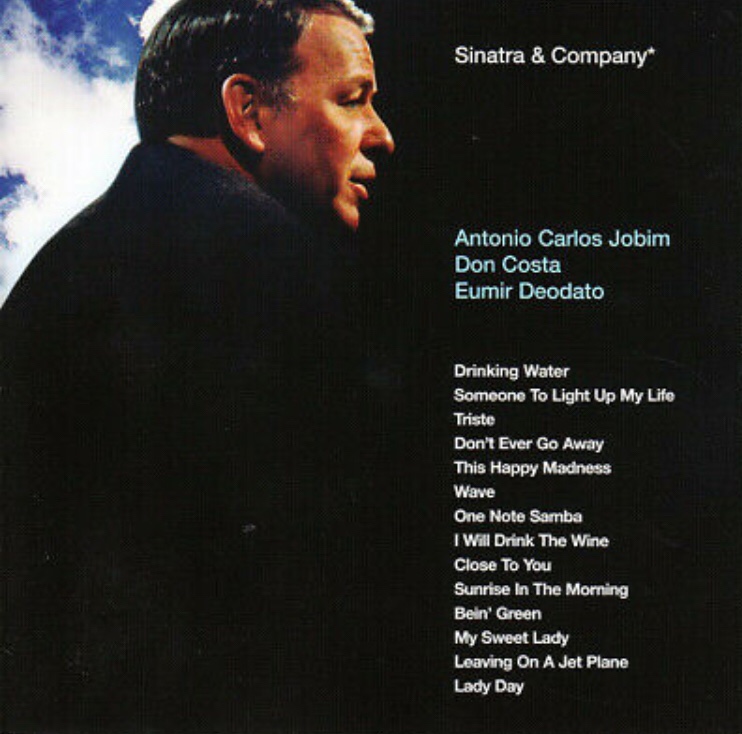
Actually, it seems to me that Sinatra feels more relaxed and better able, in the second set of recordings – actually recorded in 1969, just two years after their first collaborative sessions – to integrate his own usual mannerisms into the bossa nova setting. So it’s somewhat ironic that it was performances from the second batch that were binned.
Sinatra takes the vocal lead throughout, but Jobim is allowed to play the second fiddle in numerous duets, including The Girl From Ipanema (the first track), and Off-Key/Desafinado, the latter being one of the three tracks here that has a more chequered past.
It’s surprising how consistent all the bossa material is, across both albums, in terms of feel and quality. The only obvious major difference is that frequent Jobim collaborator Claus Ogerman arranged for Francis Albert Sinatra & Antônio Carlos Jobim, whereas the still very young Eumir Deodato handles arrangements on the later Sinatra-Jobim/Sinatra & Company material.
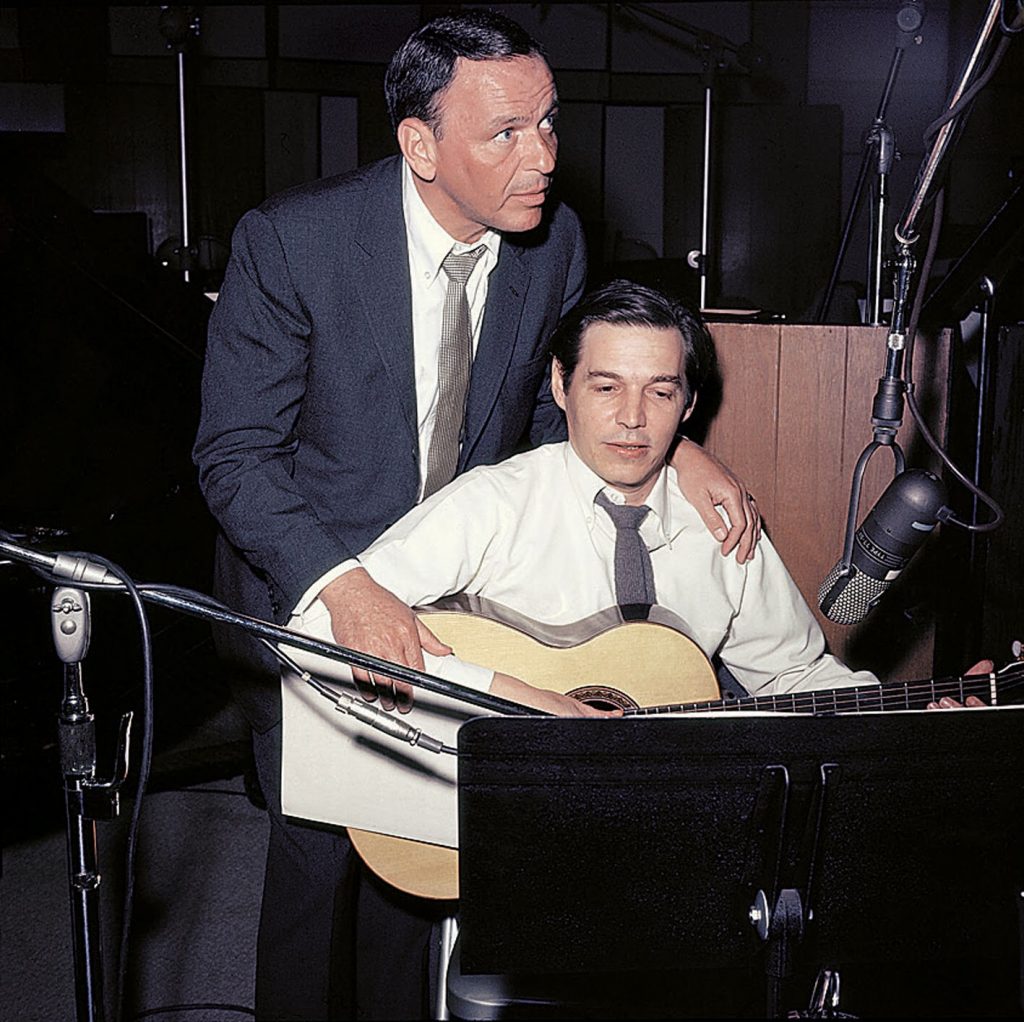
It’s worth mentioning, even if only briefly, the non-Jobim tracks, Change Partners (Irving Berlin), I Concentrate On You (Cole Porter), and Baubles, Bangles and Beads (from the popular musical Kismet). These were part of the Sinatra/Jobim sessions, and you can hear Jobim scatting in them. In contrast, the second side of & Company was neither by Jobim, nor has him on any of it, either. Those selections, inc. tracks such as (They Long To Be) Close To You and Leavin’ On A Jet Plane, are not included on this release. (Thankfully!)
Listening to all these tracks now, including the lost sheep – Sabia, Bonita, Off-Key – it’s hard to understand why Sinatra got cold feet. It’s definitely great to have all this terrific music gathered together in a Jobim-fan-friendly format. I’m much more a Jobim fan than a Sinatra one. Although Tom plays lower on the billing than Sinatra, it’s largely his music, and that’s why I’m here!
So, not part of my survey of solo Jobim, but still essential for both the lover of great music, and especially so the lover of Jobimalia!
